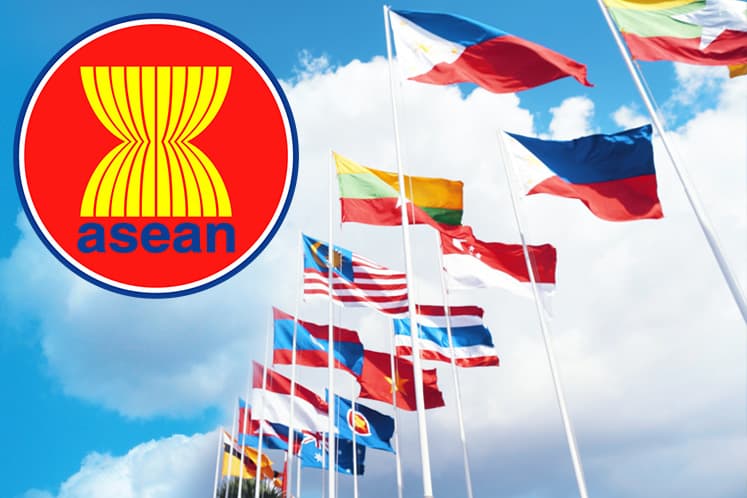
KUALA LUMPUR (April 19): The Asean Business Advisory Council (Asean-BAC), in pledging to work closely with Asean nations in their fight to contain Covid-19, has called on their leaders to take urgent measures to ensure there are uninterrupted production and supply chains of essential food and beverage.
This includes the preservation of open borders for goods, both at upstream and downstream levels, the private sector body said in a statement today.
Asean-BAC said it supported the leaders’ reaffirmation of the regional grouping’s “commitment to take collective action and coordinate policies in mitigating the economic and social impact from the pandemic” in the declaration issued during the special summit through videoconference on April 14.
“However, we believe these unprecedented and extra-ordinary times urgently warrant bold and decisive action to create confidence and assure our markets, businesses and peoples at national levels and more so at the regional level,” it added.
It called on the leaders to allow the movement and access of workforce to transport, logistics involved in food (and non-food inputs) and beverage supply chains infrastructure, with appropriate protective measures in place to ensure their health and safety in the workplace.
Asean-BAC also called on Asean nations to ensure public and private consultation for any policy decision around the supply of food to mitigate the effects of the crisis as much as possible.
In proposing a gradual re-opening of the economy, Asean-BAC said a well-calibrated reopening of economic activity be carried out for cities, municipalities or towns sufficiently established by authorities to have contained the epidemic that would allow less-controlled movement of people, trade and commerce especially for providers of essential goods and services.
Asean nations were also urged to mandate the public sector to use this time as an impetus to fast track ease of regional trade reforms and with resolve eliminate non-tariff barriers especially for essential and critical goods and services, including food and beverage, agriculture, medical and education
“The reforms will also enhance the preparedness of Asean to absorb redirection of supply chains from China to Southeast Asia to preclude recurrence of shortages of key inputs especially for medical purposes produced solely or mainly from China as highlighted by the pandemic,” it said.
Asean-BAC also called for the mobilisation of the private sector to produce standard face masks and shields and personal protective equipment (PPE), and to use supply chain connections to make ventilators and other medical equipment available at national and regional levels.
In addition, it said the private sector, particularly large corporations, should be encouraged to provide financial and other assistance to the effort, as well as to continue payment of salaries to their employees.
“While governments are doing their best to provide assistance to those affected by mass layoffs, daily wage earners and those belonging to the lower level of the economic pyramid, we see the need to strengthen unemployment insurance, universal healthcare, workers’ compensation and paid sick leaves and allow more investments in public health,” it said.
Asean-BAC said it supported the immediate creation of the Asean Pandemic Recovery Fund, either through the auspices of Asian Development Bank or other multilateral financial institutions.
The private sector group also stressed the need for the Regional Comprehensive Economic Partnership (RCEP) to be ratified as soon as possible.
“What was becoming clear even before the Covid-19 crisis, with protectionist policies and the trade war, is the greater regionalization of the world economy.
“Asean-BAC believes we have to generate regional economic growth and cooperation to compensate for the failing global trade order,” it added.
Noting that Asean leaders spoke of an economic recovery plan in the post-pandemic period, Asean-BAC said it wants to be actively involved in that plan, among others to ensure that many of the barriers to greater regional economic integration are removed.